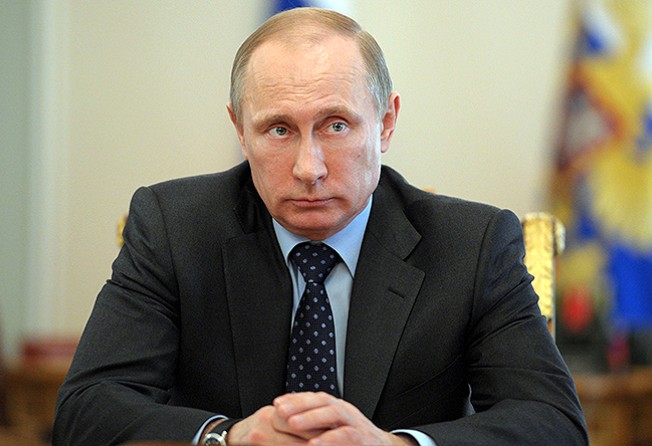How to read Vladimir Putin
Jennifer Ciotta and Daniel Wagner say that to accurately assess the actions of the Russian president in Ukraine, it is necessary to reflect on his upbringing as well as Russian history

It was the sinking of the Russian submarine the Kursk, in 2000, that first prompted Vladimir Putin to reveal critical elements of his personality to the world. Since then, the Western media have generally characterised him as a heartless bully bent on challenging the West. While various Western experts claim to have insight into Putin's thinking, in reality, few do. A big part of the reason is that so few view Putin through the prism of his upbringing, and Russian history, which is critical to getting Putin right.
By Western standards, he came from nothing. Excelling at judo presented Putin with his first opportunity to become something more than an average kid living in communal housing. During his martial arts training, he became more reactionary and disciplined. He calculated manoeuvres on the mat, waiting patiently to take an opponent down, which made his mind more focused and goal-oriented. Like so many Russians raised during the Soviet era, Putin was driven by opportunity, which is not the same as greed, but rather, a survival instinct.